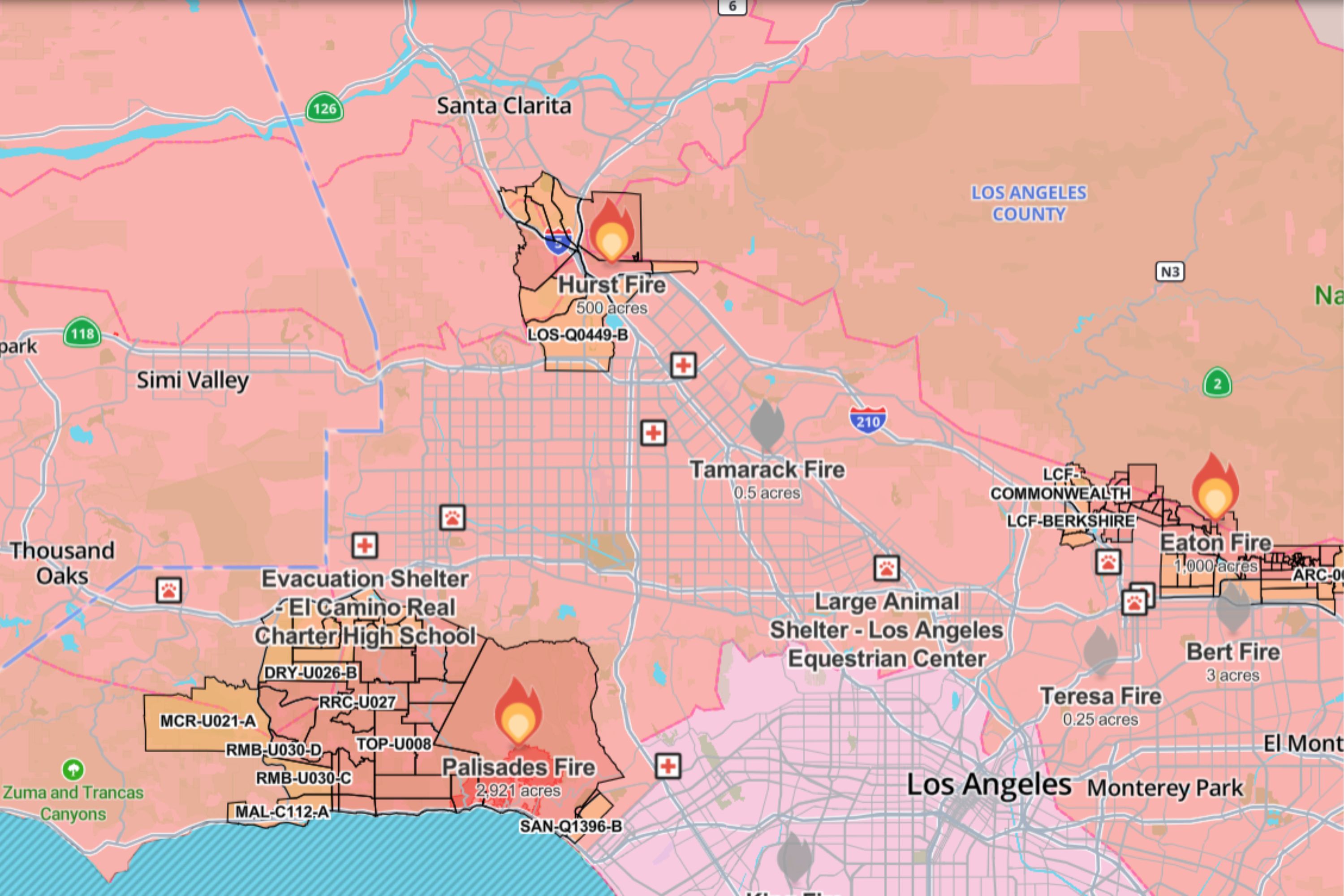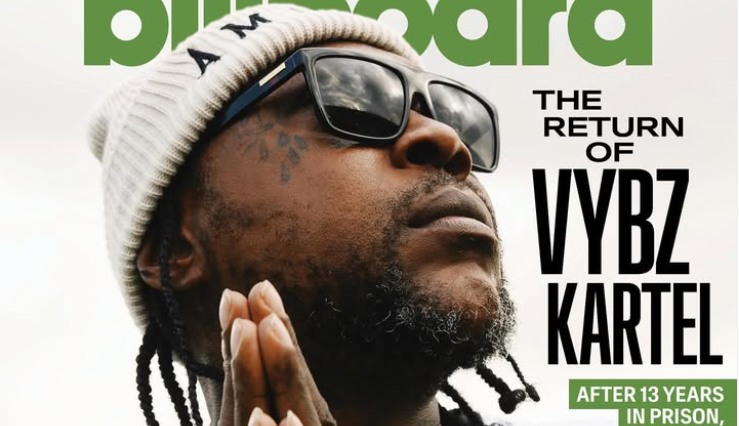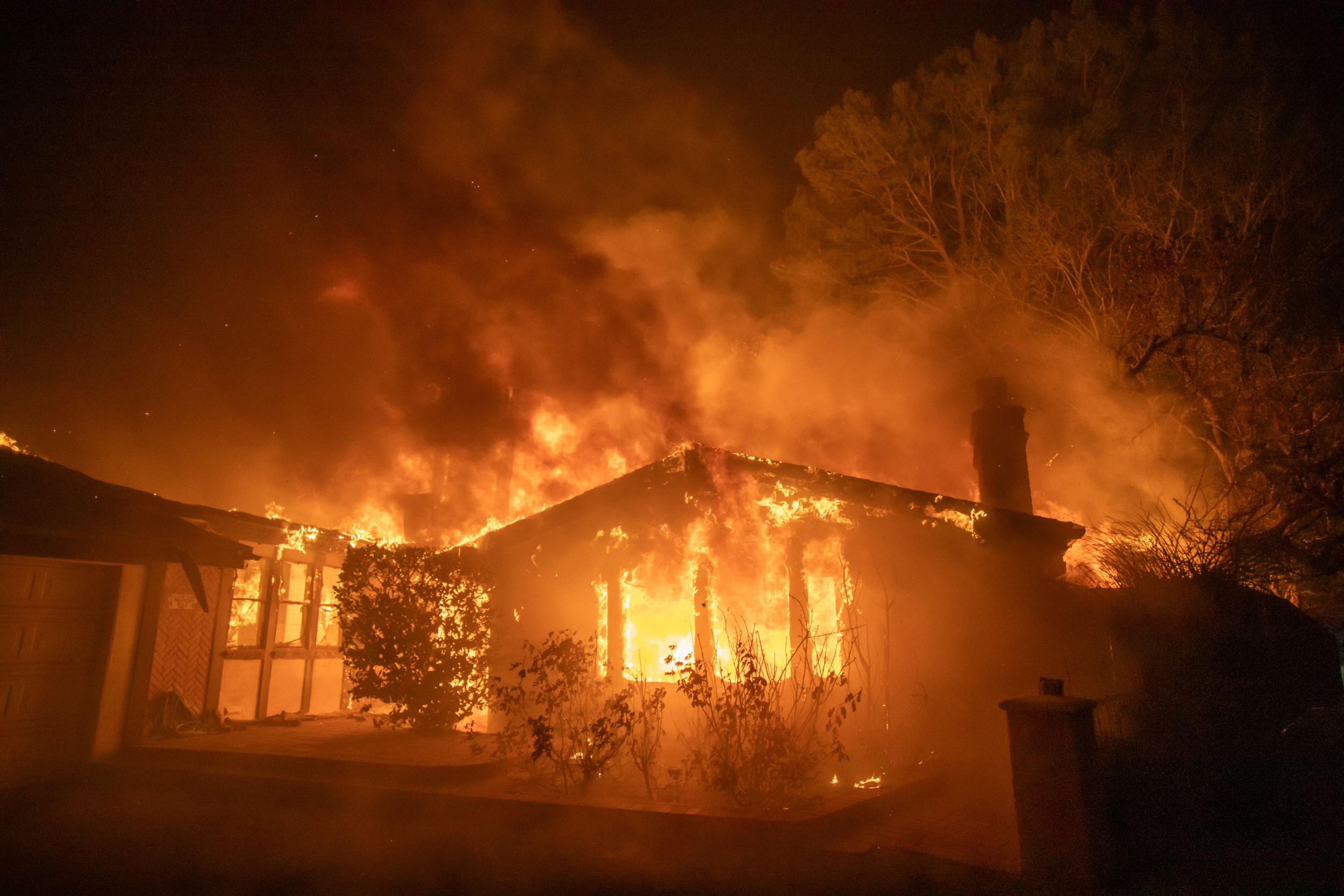"We cannot accept a repeat of what occurred four years ago," President Biden whined in the Washington Post on Monday, when Congress certified the results of the 2024 presidential election. Eternally present in whatever is left of the outgoing Democratic chief executive's mind, he castigated the protestors who breached the Capitol on January 6, 2021 as "violent insurrectionists"—even though none of the nearly 1,600 criminally charged defendants was charged with "insurrection" and about two-thirds of them were never accused, still less convicted, of any violent crime.
President Trump, who will return to office on January 20, and who was acquitted of "incitement to insurrection" in the Senate trial that followed his second impeachment in February 2021, has pledged to pardon "many" of the convicted protestors, whom he has described as "hostages." During and after the 2024 campaign, he noted that they faced harsh partisan justice in the legal system of the District of Columbia, where Biden won more than 92 percent of the 2020 presidential vote. More recently, Trump has stated that "the vast majority" of those convicted "should not be in jail," and promised that his administration would begin reviewing the convictions on a case-by-case basis within his first hour back in office.
Many January 6 defendants have protested inhumane prison conditions, including physical abuse, retaliation, and deprivation of food and heat, in a squalid D.C. jail from which several hundred were relocated after a U.S. Marshals Service investigation. Others have claimed they pleaded guilty under pressure to crimes they do not believe they committed in order to avoid jury trials for potentially more serious crimes in a hostile jurisdiction. Still more have claimed that they were entrapped or otherwise denied due process, with many pointing to widely available video footage in which Capitol Police officers appeared to wave protestors into the building and a Justice Department inspector general's report that found that 26 FBI "confidential human sources," i.e. informants, were present among the crowds, including those inside the Capitol, on January 6.
In June 2024, moreover, the Supreme Court upheld a lower court ruling that obstruction of an official proceeding—one of the most common criminal charges leveled against January 6 defendants—can only be prosecuted on a much narrower basis than federal prosecutors had been using, and that many January 6 convictions may therefore be invalid.

By the numbers, about 1,000 of the January 6 defendants have been charged with infractions that hardly rate among crimes that normally incur tough sentences in any circumstances. Kevin Seefried, a Delaware drywall installer who entered the Capitol with a Confederate flag and pointed it at a U.S. Capitol Police officer, was sentenced to three years in prison on the now dubious charge of obstruction of an official proceeding, along with such misdemeanors as trespassing and disorderly conduct. His 21-year-old son Hunter, who swept broken glass away from a shattered window to help other protestors enter the building, got two years for obstruction. Father and son had no known prior convictions, expressed contrition in court, and sincerely apologized for their actions. But they drew no leniency other than being spared much longer sentences initially sought by D.C. federal prosecutors—to say nothing of the leniency recently granted by Biden to another Hunter, who, thanks to his fortuitous parentage, will serve no jail time despite a federal criminal conviction in one case and guilty plea in another matter.
Little leniency also came to Richard Barnett, a retired Arkansas firefighter who got 4 and a half years for putting his feet up on then-House Speaker Nancy Pelosi's desk after photojournalists asked him, according to his court testimony, to "act natural." Barnett was not accused of any act of violence, but prosecutors did allege that he stole one of Pelosi's office envelopes and wrote her a rude note. His actions, according to the court, also constituted obstruction of an official proceeding as well as "civil disorder."
Jenna Ryan, a Texas realtor, spent 60 days in the slammer for "parading, demonstrating or picketing in the Capitol." In the court's learned opinion, she committed this misdemeanor by spending two minutes and eight seconds inside the building without causing any apparent harm.
Compare their fates to the 60 percent of accused Manhattan felons whose charges were reduced to misdemeanors by district attorney Alvin Bragg's office in 2023 in the name of "restorative justice."
Recall further that during those "mostly peaceful" Black Lives Matter protests in 2020, leftist prosecutors routinely and to widespread media approbation announced that they would not prosecute non-violent offenders.
Indeed, in our two-tiered system of politicized criminal justice, they even failed to prosecute many violent offenders. The crucial difference, of course, is that BLM protestors, including violent ones, are favored by the progressive Left legal establishment and Biden's heavily biased Justice Department, while Trump supporters, even when non-violent, are not.
President Trump is right to review each January 6 case carefully, but those who were punished in violation of due process or with undue harshness deserve full and immediate pardons.
Paul du Quenoy is President of the Palm Beach Freedom Institute.
The views expressed in this article are the writer's own.




















 English (US) ·
English (US) ·